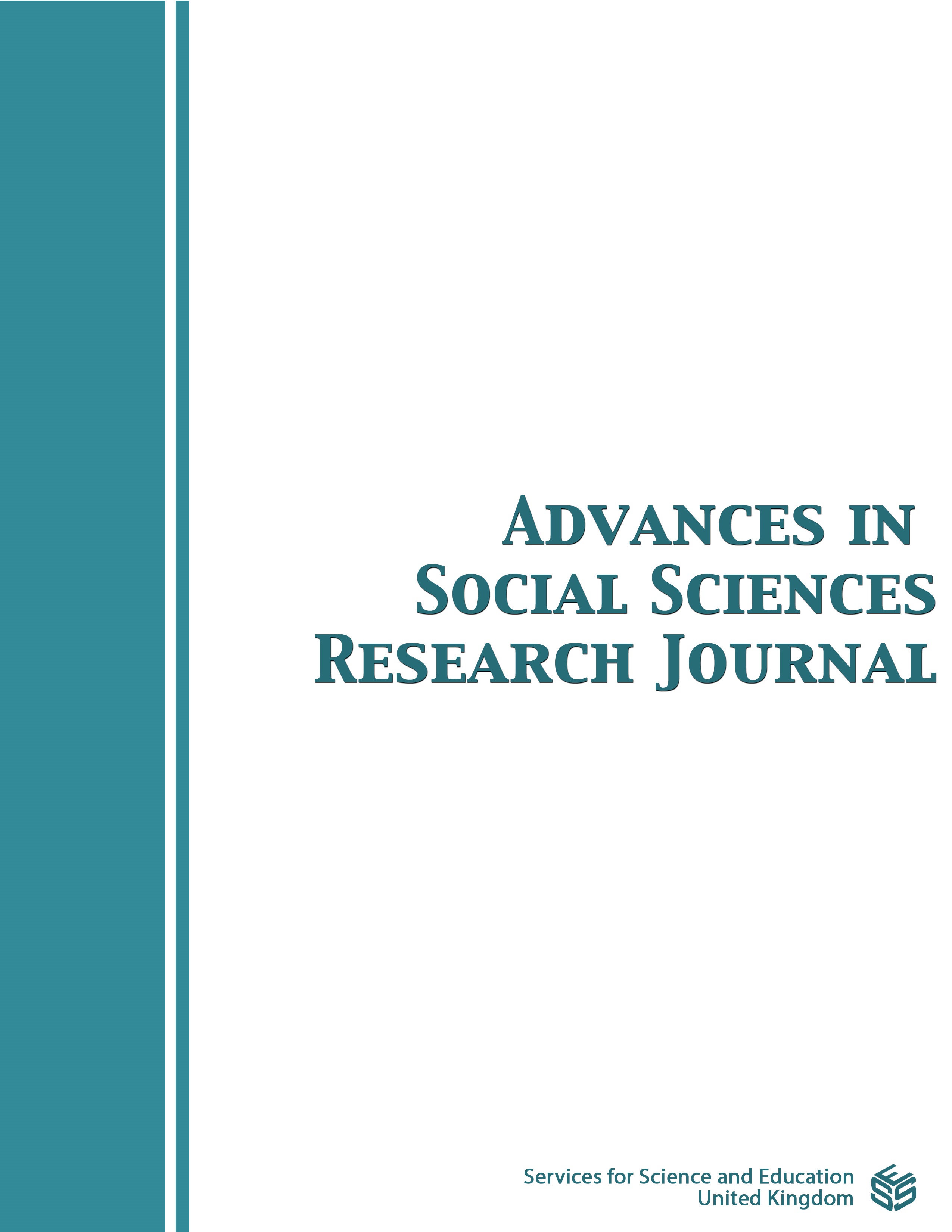A Comparison of Western Concepts of Free Will and Compatibilism with Islamic and Salafist Determinism
DOI:
https://doi.org/10.14738/assrj.95.12445Abstract
Both theologians and philosophers are concerned about the moral implications of determinism, because it implies that an individual cannot be held responsible for anything he does merely because it happened to him, affected by God or nature as a result of something. This article compares Western concepts of free will and compatibility to Islamic determinism and Salafism, as well as disparities in viewpoints on these philosophical positions. An answer to the question of whether determinism can overcome humanity's inconsistencies, as demonstrated by Western free will and compatibility and Eastern Islamic Salafi views. Determinism (divine determination) has been widely disputed by Muslim scholars and thinkers, just as the discussion over determinism and free will has captured the attention of Western scholars throughout the centuries. Since the classical Islamic era, however, no consensus has been established, and the controversy over the concept of predestination (divine predestination) or predestination has sparked several debates about its relationship to the problem of freedom (freedom) and choice.
Downloads
Published
How to Cite
Issue
Section
License
Copyright (c) 2022 Abdullah

This work is licensed under a Creative Commons Attribution 4.0 International License.
Authors wishing to include figures, tables, or text passages that have already been published elsewhere are required to obtain permission from the copyright owner(s) for both the print and online format and to include evidence that such permission has been granted when submitting their papers. Any material received without such evidence will be assumed to originate from the authors.






